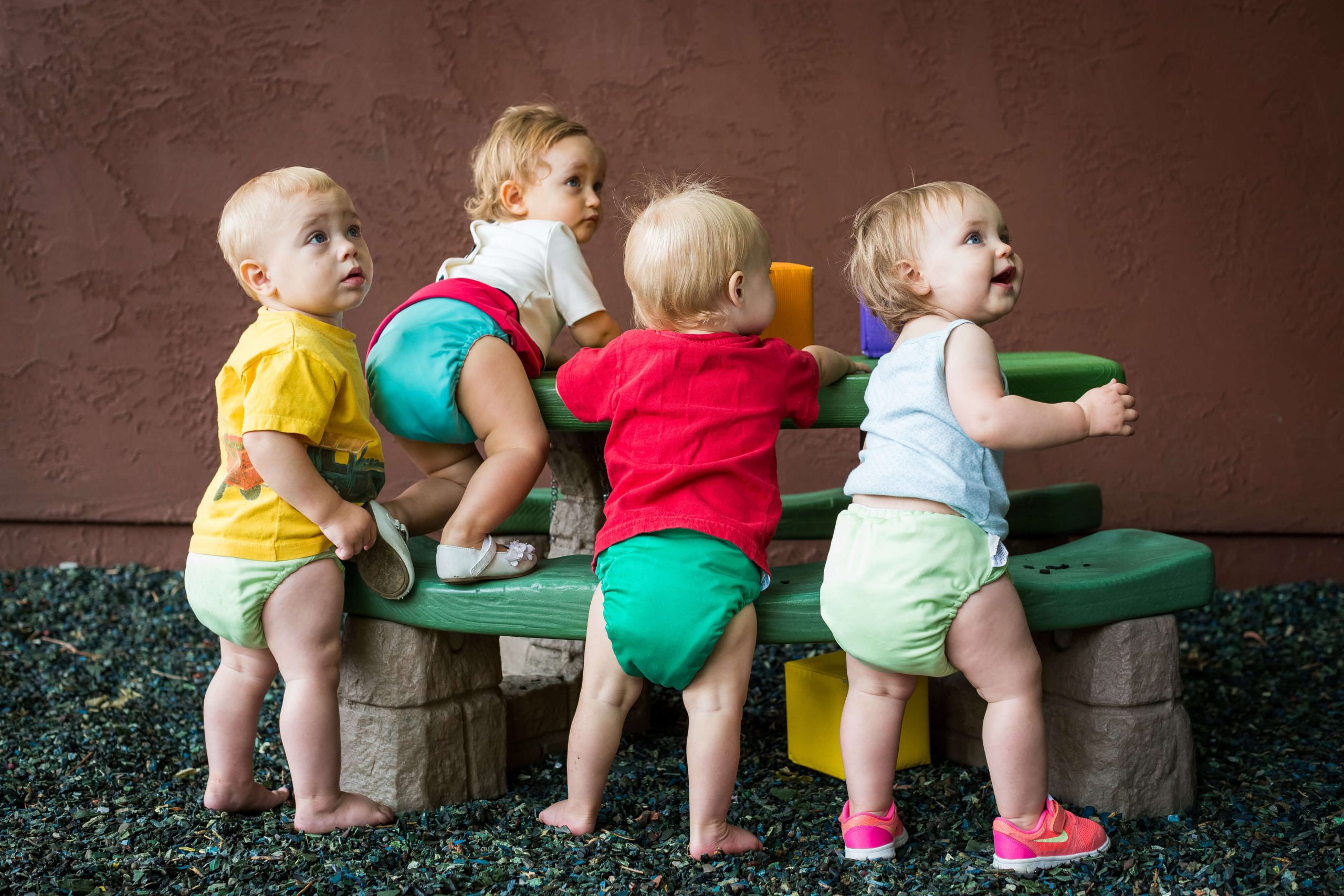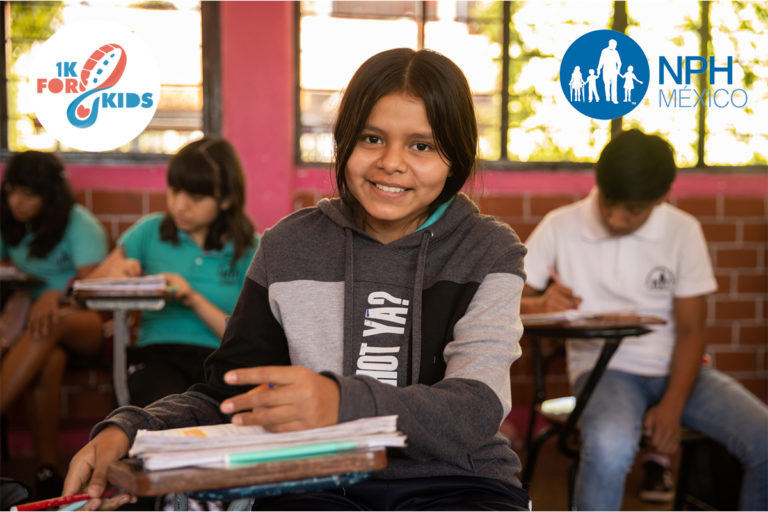Are Eco Friendly Cloth Diapers Better for Infants?

Diapers are a necessary part of life when raising your precious infant. Choosing the type of diaper to use for your child involves consideration of various factors, including personal preference and lifestyle, so it’s essential to research cloth diaper benefits, the types of eco-friendly diapers available, and how they compare to disposable diapers. Understanding your options will help you make an informed choice.
What Types of Eco-Friendly Diapers Are There?
When researching eco-friendly diapers, you will find numerous types. However, there are a few primary keywords to understand about so you can decide if they are the right option for you.
Biodegradable Diapers
Are disposable diapers biodegradable? This is a common question among parents that care about the environment. Biodegradable essentially means that, given the right conditions, the item will eventually break down to its original form. Although some components of some diaper brands are biodegradable under the right conditions, no disposable diaper is fully biodegradable.
Compostable Diapers
When something is compostable, it breaks down into organic material. Diaper companies may use the term compostable, but you should understand that several factors are at play for a diaper to break down into compost. This includes the diaper’s composition, available oxygen, present microorganisms, and soil composition. In addition, landfills are not designed for composting, and even if some elements of eco-friendly diapers take less time to break down than traditional disposable diapers, they still take up space in landfills.
Sustainable Diapers
Diapers that are marketed as sustainable are typically free from common chemicals and were created with less damaging impact on the environment. The amount of plant-based material used to manufacture sustainable diapers will vary widely by brand. However, many brands that make sustainable diapers also give back through donations or in other ways to help offset their carbon impact.
Cloth Diapers vs. Disposable Diapers
Examining both the disadvantages and benefits of cloth diapers and disposable diapers will give you a better understanding of how they will affect your lifestyle.
Costs
Individually, cloth diapers cost more than disposable diapers. However, because they are reusable, one of the most significant advantages of cloth diapers is that they offer more long-term value and are cheaper overall.
Environmental Impact
Cloth diapers impact cotton production, and usage increases energy and water consumption to clean them properly. However, disposable diapers also have an environmental impact due to the significant effect on landfills.
Toilet Training
Disposable diapers are designed to stay dry, which means you do not have to change them as often, but it also means babies may not recognize the feeling of being wet or the cues necessary for toilet training. Many parents suggest that one of the benefits of cloth diapers is that they do not hold as much liquid as disposable diapers, and therefore babies recognize their body’s signals more quickly.
Benefits of Using Cloth Diapers
There are many excellent benefits to using cloth diapers, such as:
- Long-term cost savings on diapering supplies
- No harsh chemicals
- Cloth is more breathable, which can reduce rashes
- Produce less waste/lower carbon footprint
- Potty training may come more naturally to cloth-diapered babies
Infant Early Learning Programs
Diapering is only one aspect of raising a healthy, well-adjusted infant. Finding the right infant program is also imperative. At Casa de Corazón, we provide a nurturing and stimulating environment for infants through our Spanish immersion early learning program. Our locations are eco-friendly and provide cloth diapers and wipes for each child, though we welcome you to bring your own diapers and wipes if you choose. Our goal is to offer a healthy, safe, and welcoming space for your child to grow and learn. We invite you to contact us to learn more about our programs or to schedule a tour.
Image Source: Red Che/Shutterstock



